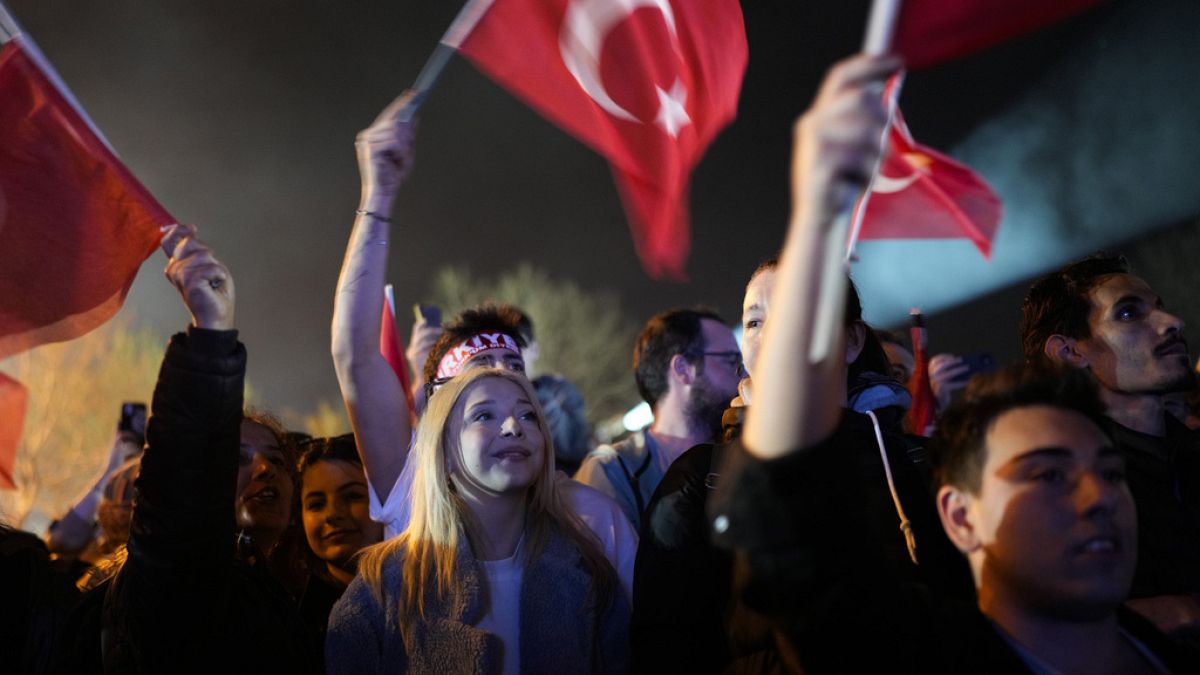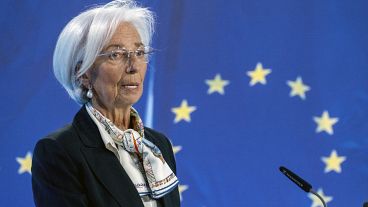Turkey's March inflation figure came in lower than analyst estimates, but was still higher than February's, because of higher transport and housing prices.
Turkey is still grappling with stickier-than-anticipated inflation, with March 2024's year-on-year inflation print coming in at 68.5%, according to the Turkish Statistical Institute.
This was the highest reading since November 2022, although slightly less than analyst expectations of 69.10%. However, it was still more than February's 67.07%.
The increase in March's inflation number was mainly due to transport inflation increasing to 79.92% from 77.98% in the previous month, as well as utilities and housing prices rising 51.17% from 49.07% in February.
Similarly, household equipment, furnishings and routine maintenance prices also rose 63.72% in March, from 62.92%, with footwear and clothing prices also rising to 50.10% from 43.44%. Cafes, hostels and restaurants' inflation also increased slightly to 94.97% up from 94.78%.
Food inflation, however, was down in March, at 70.41%, from 71.12% in the previous month.
Core inflation inched up to 75.21% from 72.89%, whereas month-on-month inflation dropped to 3.16% from 4.53% in February, primarily due to the declining impact of wage adjustments and earlier price increases.
Turkey's current interest rate stands at 45%.
Higher cost of living costs Erdogan local elections
Turkey's nationwide local elections were held on Sunday 31 March and saw current President Recep Tayyip Erdogan's party, the Justice and Development Party, better known as the AK Party, being dealt with their worst electoral defeat.
Secular opposition party, CHP, or the Republican People's Party, headed by Ekrem Imamoglu, the mayor of Istanbul, secured a historic landslide victory in the key cities of Ankara and Istanbul. This reiterated Turkey's opposition party as a force to be reckoned with, with Imamoglu currently being seen as Erdogan's main rival.
Erdogan's defeat, despite fierce campaigning, was mainly due to sky-high inflation for the last several months, as well as unhappy Islamist voters.
Imamoglu, on the other hand, has been steadily gaining support outside his party's own circle. He has also been highly praised for managing to secure voters from across the economic and social divide.
Erdogan has come under heavy criticism over Turkey’s current soaring cost of living and housing crisis, brought on by his unconventional stance on monetary policy. Earlier, he had insisted on cutting interest rates, instead of raising them, in order to tame inflation, in stark contrast to what the rest of the world's major central banks were doing. This led to the cost of living increasing even faster, as the Turkish lira plunged.
At the time, the country's central bank was also prioritising growth and export competitiveness ahead of the need to slow down inflation.
However, when that approach to inflation failed, Turkey's central bank hastily reversed its position, under the guidance of the then-governor Hafize Gaye Erkan.
The AK Party still has significant influence in south-east and central Turkey, especially cities such Gaziantep and Kahramanmaras, which were badly hit by the February 2023 earthquake. However, Adiyaman has now slipped out of its control.
The CHP controls several areas of the south, west and north of the country.



